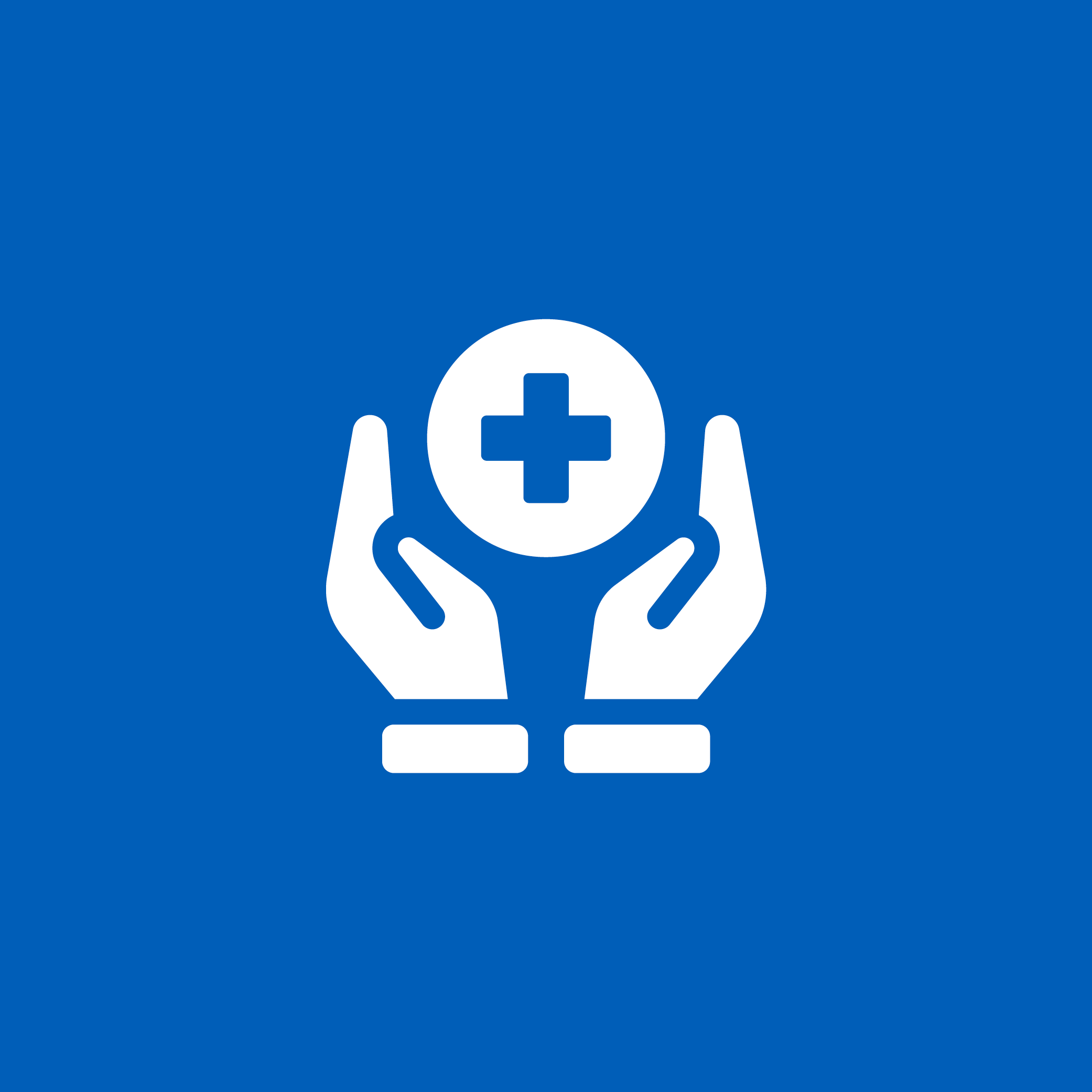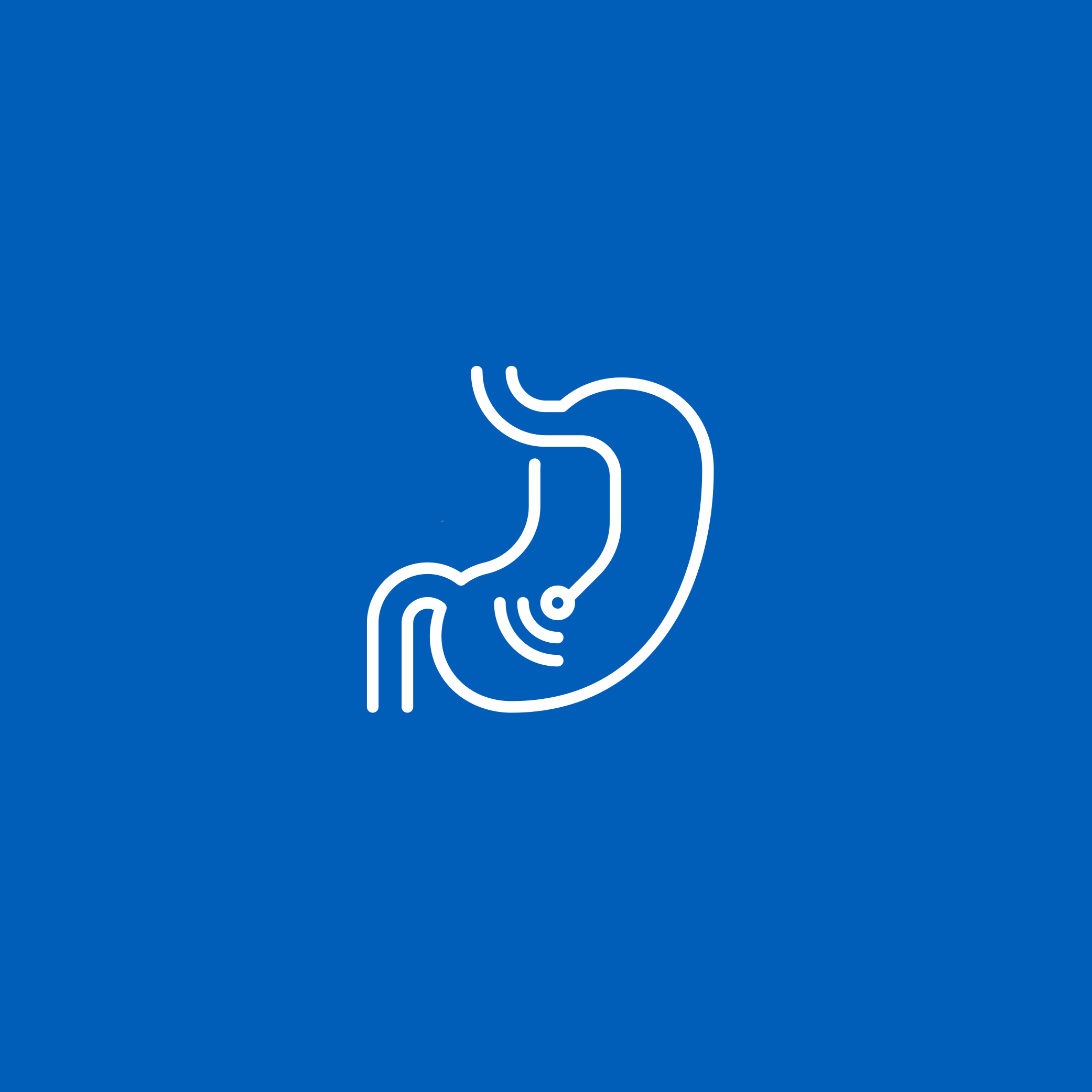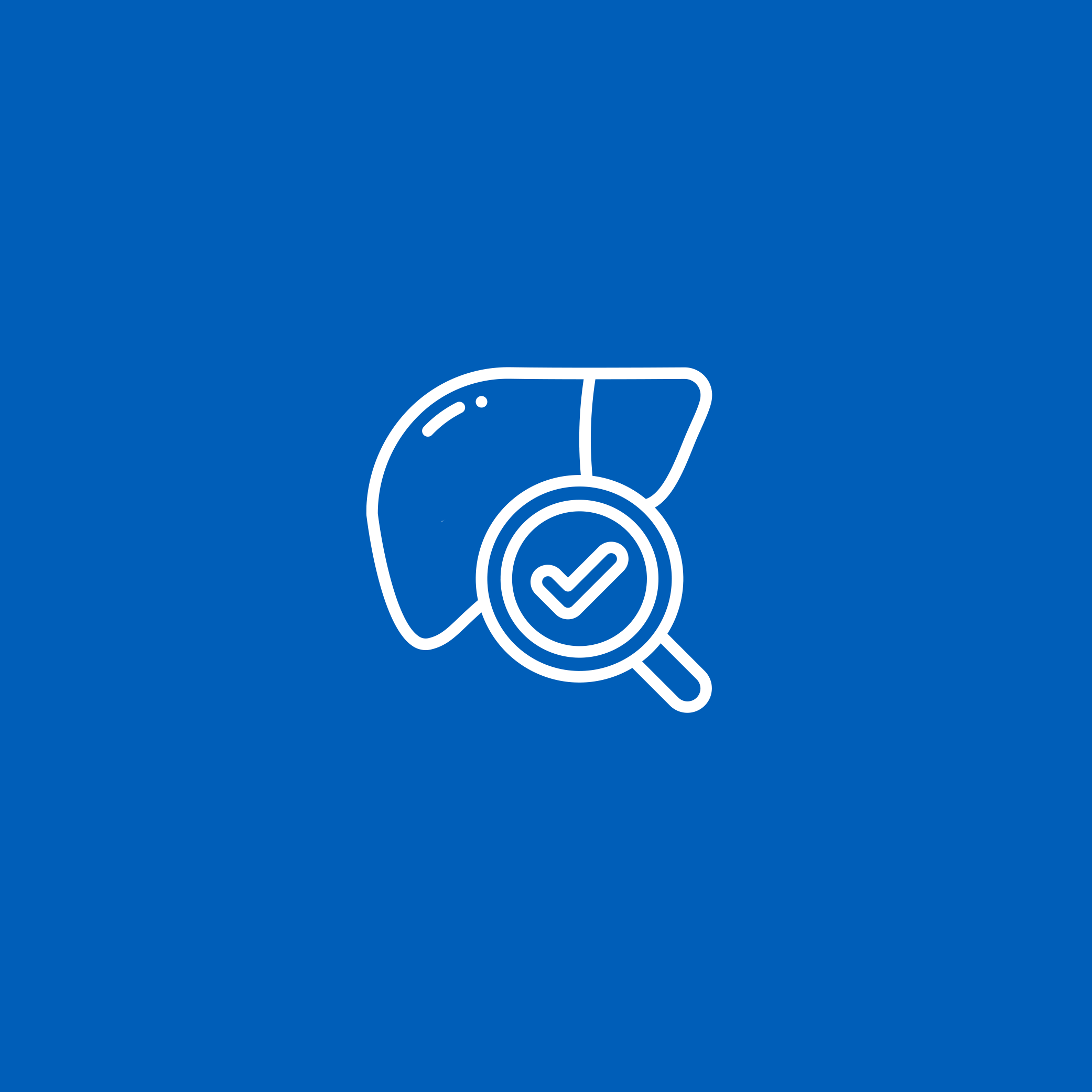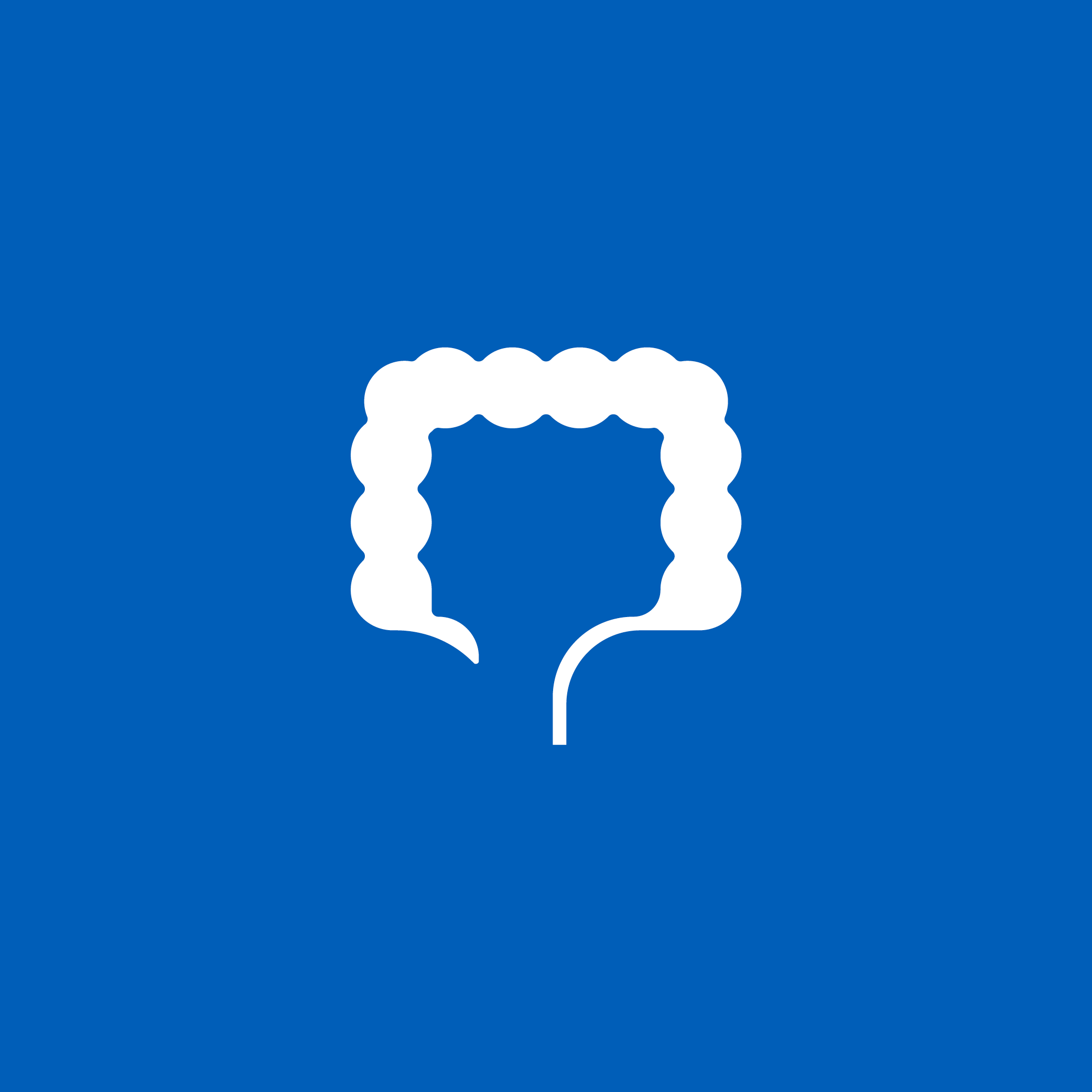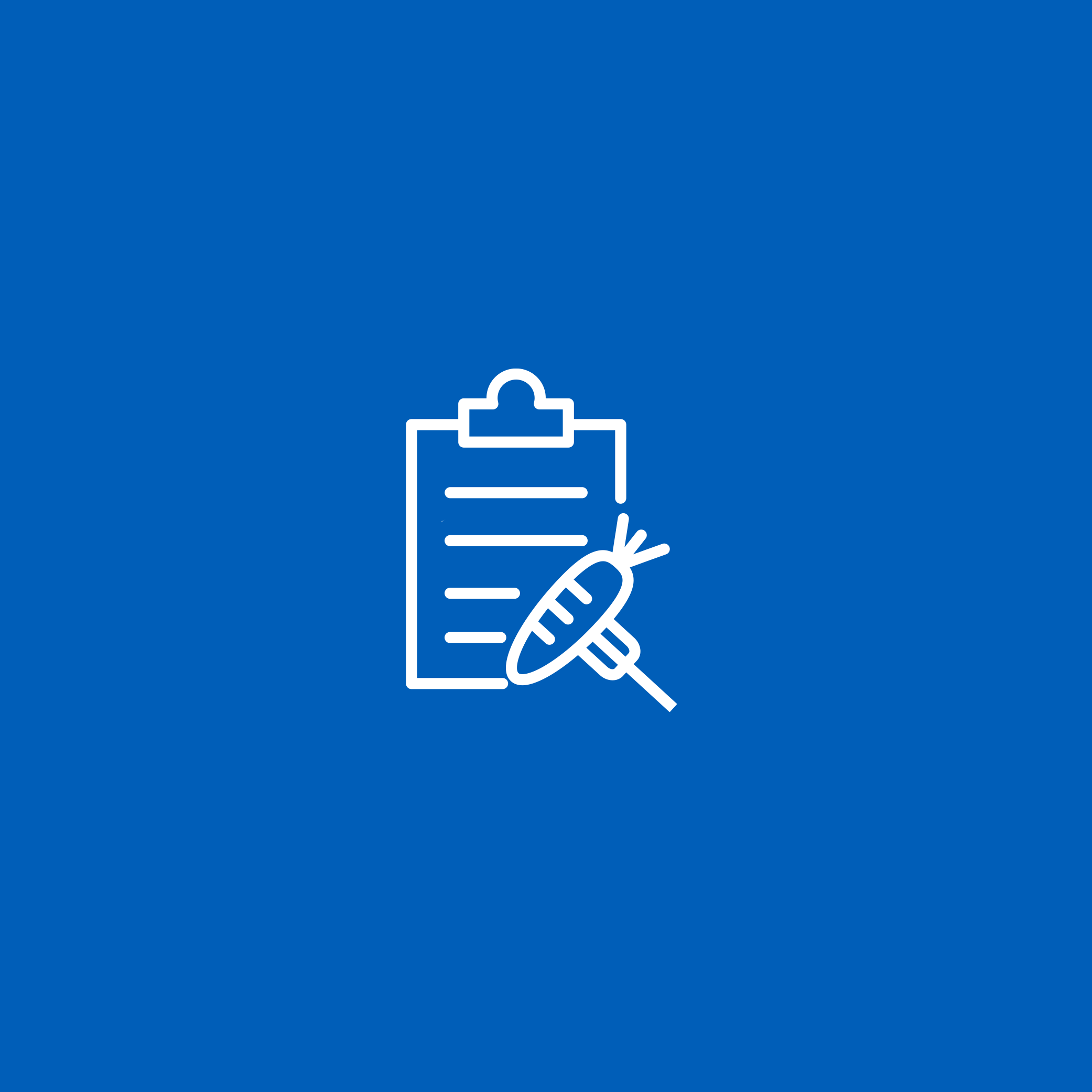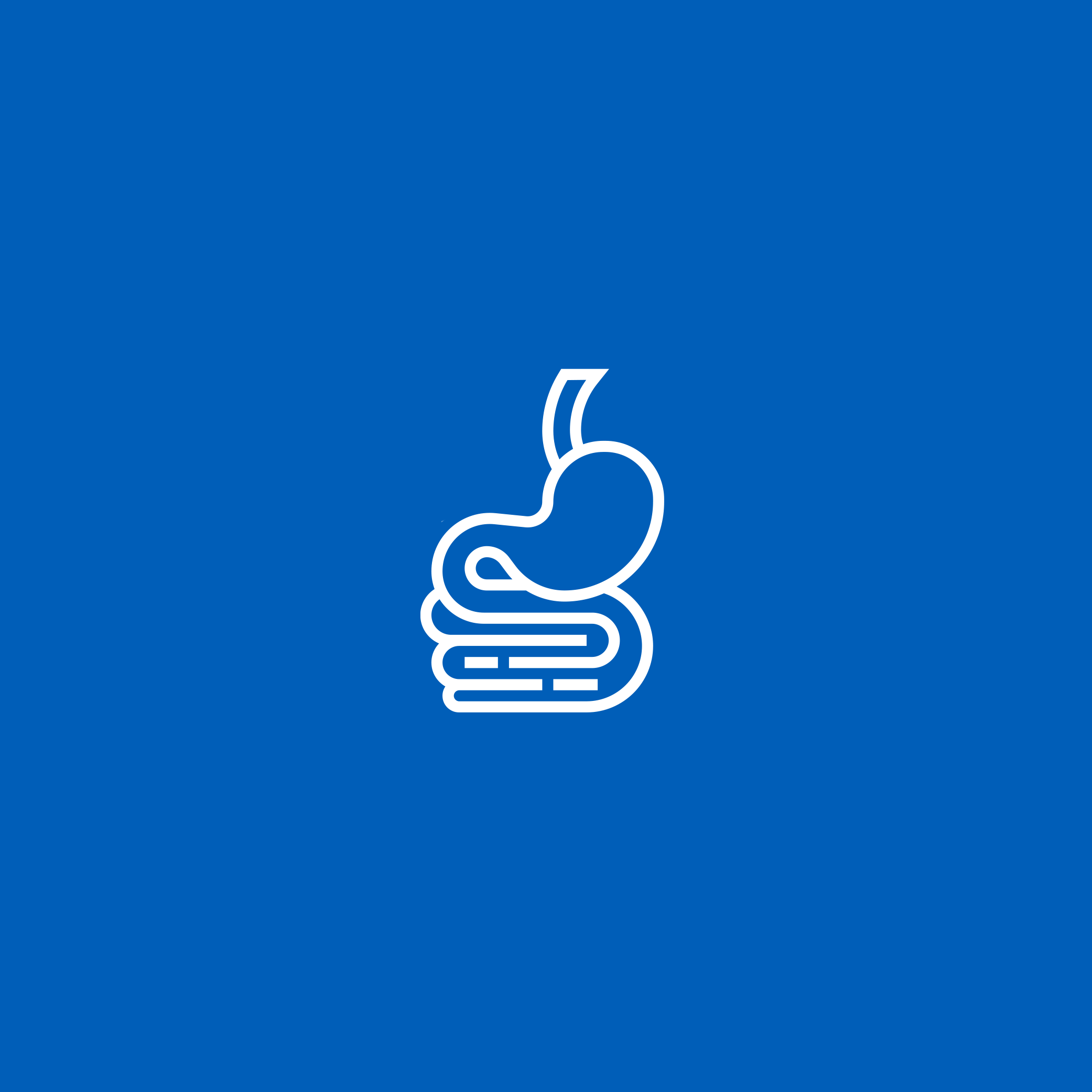Our Endoscopy Unit provides care at Broadgreen Hospital and Royal Liverpool University Hospital. At the Royal, we provide specialist screening services for the diagnosis and treatment of a wide range of disorders affecting the gastrointestinal tract (gullet, stomach, intestines and colon). At Broadgreen, we have the Endoscopy Diagnostic Hub, where we will perform diagnostic procedures in Colonoscopy and Trans Nasal Endoscopy (TNE).
Our mission statement is: “To create a world class endoscopy department, with staff who have a caring approach and can demonstrate safe and effective care for all patients”.
Our vision is to be a healthcare provider that is focused on the health and wellbeing of patients, working in partnership with others to deliver the highest quality of care, underpinned by world-class research, innovation and education.
We are a large department with seven theatres, five days a week. The Endoscopy Unit is located on the 4th floor, within the main building.
Our experienced team of medical and nursing specialists at our Endoscopy Unit carry out more than 20,000 endoscopy procedures every year. Providing investigations for the population of almost 500,000 for Liverpool and surrounding areas.
The Royal Liverpool University Hospital is a teaching hospital, as well as a tertiary referral centre for Gastroenterology and liver disease.
Endoscopy Unit tour - Royal Liverpool University Hospital
Endoscopy Unit tour - Broadgreen Hospital
Reaching out if you have any problems
More information
Patients can be referred to Endoscopy from their GP through a two-week wait, urgent or routine referral pathway. The referral pathway determines the length of wait for an Endoscopy appointment.
GPs may refer patients to a Gastroenterology clinic. In clinic, patients will be reviewed and assessed for the appropriate diagnostic test and the Consultant will then refer patients to Endoscopy via a nominated referral pathway.
Patients seen as part of the Bowel Cancer Screening Programme are offered an Endoscopy appointment within two weeks of having seen a Specialist Screening Practitioner.
-
Royal Liverpool University Hospital
Address: Royal Liverpool University Hospital
Prescot Street
Liverpool
Merseyside
L7 8XPFor maps and other information visit our Getting Here page for Royal Liverpool University Hospital
-
Broadgreen Hospital
Address: Broadgreen Hospital
Thomas Drive
Liverpool
L14 3LBFor maps and other information visit our Getting Here page for Broadgreen Hospital
We are located on the fourth floor.
Endoscopy is a procedure where the inside of the gastrointestinal tract (gullet, stomach, intestine and colon) is examined using an endoscope. An endoscope is a long, flexible tube with a light source and a video camera.
Endoscopy is generally delivered as a day case procedure, and performed using local anaesthesia or conscious sedation.
We also provide inpatient endoscopy services, working with our colleagues on the wards to provide timely care to those patients who need it.
We care for patients undergoing many types of endoscopy procedures, some of which are listed below:
- Gastroscopy
- Colonoscopy
- Flexible sigmoidoscopy
- Enteral tube insertions (PEG, PEJ, PEGJ, NJT, NGT)
- Endoscopic Retrograde Cholangiopancreatography (ERCP)
- HALO therapy
- Endoscopic Mucosal Resection (EMR)
- Endoscopic submucosal dissection (ESD)
- Endoscopic ultrasound (EUS)- OG, HPB, FNA
- Enteroscopy- push and single and double balloon
- PIL Endoscopy (small bowel and colocam)
- Stent insertion procedure.
- Dilatations
- Bowel cancer screening
- Endoscopic necrosectomy
- EUS guided cholangiopancreatography & therapy
- EUS guided coeliac plexus interventions.
- EUS guided gallbladder drainage
- EUS guided coiling of gastric varices and other vascular therapy
- POEM
- STRETTA
- Endoscopic suturing
- Bronchoscopy.
The Trust hosts the Liverpool and Wirral Bowel Cancer Screening Centre.
All colonoscopies for patients taking part in the screening programme take place in the endoscopy unit at the Royal Liverpool University Hospital and the BCSP team support the team and patients during the procedure.
We are able to provide additional support to patients and their loved ones who may need special requirements when attending our endoscopy department.
Any reasonable adjustment requests will require a discussion with the Nurse Management Team ahead of the scheduled appointment. Patients should make this known when they are first offered their appointment.
Examples of support can include difficult IV cannulation, learning disabilities support and translation services.
Below is what you can expect to happen when you come for your procedure. Different procedures might need different preparation, and this will be explained to you before your appointment in the form of a written leaflet.
When you attend your appointment, you will be greeted by the reception staff who will check your details are correct.
You will be asked to wait in the waiting room until the clinical team are ready for you. The Endoscopy department is very busy. Please note that your visit to the department may take up to four hours.
A member of the clinical team will introduce themselves and invite you to go through the admission documentation in a private room.
You will then be prepared for your procedure. Your observations will be recorded, and you may need to get changed, but this depends on what procedure you need. You need to sign a consent form and will then wait until the team collects you for your procedure.
You will be taken into a procedure room or a theatre where you will meet the endoscopist and the clinical team. Further safety checks will be made before the procedure is carried out. You are then given a final opportunity to ask any questions you may have prior to the procedure starting.
Once your procedure is completed, you will be taken to a recovery area. You will be given sufficient time to recover from your procedure and when you are recovered, you will be escorted to the discharge area and given your discharge information in a private room. If you have had sedation, you will require a responsible adult to escort you from the unit and care for you for 24-hours after the procedure at home.
The nursing team will also ensure you are provided with written information signposting additional support if you are worried about any after-effects following your procedure.
Bowel preparation with MoviPrep
Bowel preparation with Plenvu
Bowel preparation with PlenVue and Picolax
Generic Endoscopy diet video
If you have any of the following pre-existing medical conditions, please read the information below contact the Endoscopy Department on 0151 706 2720 so that we can make suitable arrangements for your procedure.
Diabetes
If you are attending for an endoscopic procedure and have diabetes, we will send you the relevant information about how to manage your diabetes whilst preparing for your endoscopic procedure. This is so that your endoscopy procedure can be booked at a suitable time.
If you have already received your diabetes advice with your appointment, then we already know you are diabetic and there is no need to ring us unless you have any questions.
Blood thinning medication
It is important you notify us if you are taking any blood thinning medication (see list below). Often the doctor who has asked us to do your endoscopic procedure will have informed us of this medication and if you need to continue it for your test. Some patients need to come off their medication before their test. We will let you know if you need to stop taking it in your appointment letter.
Occasionally some patients are asked to stop their warfarin or anticoagulant tablets and instead take an alternative injected medicine (heparin) to thin their blood. Again, if you need to do this we will let you know.
Below is a list of blood thinning drugs:
- Warfarin, Dabigatran, Rivaroxaban, Apixaban, Edoxaban
- Aspirin (this does not need usually need to be stopped for endoscopy)
- Clopidogrel (Plavix), Ticegralor (Brilligue), Dipyridamole (Persantin), Prasugrel (Efient), Acenocoumarol (Sinthrome)
- Heparin (usually injected under the skin).
It is important you notify us if you are taking any of these medications (except aspirin alone) and have not received instructions on what to do before the endoscopy.
We will also let you know after your endoscopic procedure what you need to do about restarting your medication and/or when you need to have a repeat blood test to check your INR level. If you do not receive instructions, please contact us.
If you have already received advice about blood thinners with your appointment letter, then there is no need to ring us unless you have any questions.
Pacemakers or implantable defibrillators
Having a pacemaker or implantable defibrillator does not stop you having an endoscopic procedure. However, it is important that we know in advance if you have one. Often the doctor who has asked us to do your endoscopic procedure will have informed us if you have a pacemaker or defibrillator.
If you have a pacemaker or defibrillator but this was not discussed upon booking your appointment, please contact the pre-assessment nurses who will then provide you with further advice.
Sleep apnoea
Having sleep apnoea can affect your endoscopic procedure as we often offer patients sedative drugs to relax them, and these sedative drugs can affect your breathing. Often the doctor who has asked us to do your endoscopic procedure will have informed us if you have sleep apnoea but if you have any doubts then it is important you contact the pre-assessment team to inform them.
Sedative drugs have a stronger effect on breathing in patients with sleep apnoea, so we often recommend reduced doses and prolonged monitoring in recovery after an endoscopy. Alternatively, you may wish to have the endoscopic procedure without sedation. This can all be discussed in more detail when you come for your appointment or in advance with the pre-assessment nurses if you have any questions.
If you use a CPAP machine, then please ensure that you bring this with you on the day of your endoscopy procedure. After the procedure you will need to be monitored in the endoscopy department for four hours before being re-assessed to ensure that you are fit to be discharged. As with any patient who has been given sedation for their endoscopic procedure, you will need to be accompanied and have somebody to look after you for 24 hours after the procedure.
What is consent?
Before you have an endoscopic procedure, you will be asked to sign a consent form. This is something we are required to do in law and confirms that you agree to have the procedure and understand what it involves.
Before giving your consent, the person referring you for the procedure will make every effort to explain the risks, benefits and alternatives. There will also be an opportunity for you to ask them any questions you may have regarding the procedure.
In addition, you should also receive information leaflets about the consent process and the planned procedure. If this is an outpatient procedure this should be sent to you in the post with your appointment details. If you do not receive the necessary information, please contact your referring team or the endoscopy pre-assessment team.
For patients in hospital, information should be provided to you by the ward team. If you have any questions or do not receive information, please discuss this with the ward doctors and nurses before you attend for the procedure.
If you, or someone you care for, does not have the capacity to sign the consent form please let the pre-assessment nurses know, as there may be other steps we need to take prior to the procedure. This does not affect your, or the person you care for, rights to have the procedure in any way.
Sedation and pain relief options
All endoscopic procedures can be associated with some discomfort but there are several options to minimise this. Your patient information leaflet explains these options in more detail and there is information below. If you have any questions or want to discuss your options, please contact the pre-assessment team or you can discuss them with the nurses or the endoscopist on the day of your procedure.
Throat spray
This is a spray that numbs the throat and therefore minimises the discomfort in the throat during gastroscopy.
For the procedure you are completely awake and feel bloated due to the air. Whilst this can be uncomfortable, it is not painful. A diagnostic gastroscopy usually takes less than 10 minutes, and the spray wears off after approximately 60 minutes.
The benefit of having throat spray is that you are able to go home more quickly, you do not require a friend or family to accompany you and you can drive a car or operate machinery straight away after. For this reason, many people choose throat spray for diagnostic gastroscopy.
Sedation
With sedation you receive an injection of one or a combination of drugs to relax and reduce discomfort. Commonly we use a drug called Midazolam (a sedative or relaxing drug). Sometimes this may be combined with a strong painkiller called Fentanyl.
The doctor or nurse providing the sedation will discuss with you what is best on the day. These medications are designed to make you feel comfortable and relaxed but are not anaesthetics and it is not intended to put you to sleep.
Sedation may provide a more comfortable procedure but has the disadvantage of requiring a more prolonged recovery in hospital. If you have sedation, you will need to be accompanied home and have someone to stay with you for 24 hours. You should not use public transport to return home and you are not permitted to operate machinery or drive a car for 24 hours after sedation.
In addition, certain patient groups may be more at risk from the effects of sedation such as patients with sleep apnoea or breathing problems including asthma or COPD. If you have any of these, they will have to be taken into consideration when the sedation drugs are being chosen and administered and it may be necessary to use lower doses or not at all. This will be discussed with you by the referring doctor and the endoscopist on the day.
Gas and air (nitrous oxide or entonox)
If you are having a colonoscopy or sigmoidoscopy, you will be offered gas and air which is commonly used to relieve labour pain. You inhale the gas using a hand-held mouthpiece. This provides very rapid pain relief but also wears off quickly. You are entirely awake during the procedure and can go home rapidly after. No other precautions are required so many people find this a more convenient approach.
General anaesthesia
This is when an anaesthetist puts the patient fully to sleep. This is a more specialist and prolonged process than sedation. In general, this is reserved for complex endoscopy procedures that are likely to take a long time and is only rarely appropriate for a short or diagnostic procedure.
After your procedure you will be transferred from the endoscopy procedure room into the recovery area.
In recovery the nurse will check your observations and ask you if you have any discomfort or pain after the procedure.
The time you spend in recovery is different for every patient and will depend on the procedure performed. When you are comfortable, orientated, fully awake and you have stable observations the nurse will get you up and may transfer you to a second recovery room. In there you may be offered refreshments if appropriate and if required, the collecting person will be asked to come in.
The discharging nurse will discuss the outcome of your procedure and explain specific discharge advice. If necessary, the endoscopist may give you further explanation of your findings to you.
You will receive a copy of your endoscopy report and written discharge advice. A copy of your endoscopy report will also be sent to your GP.
If you experience any problems or symptoms after your procedure or have any other worries, then please contact the Endoscopy Unit in which you had the procedure for further advice. The Endoscopy Unit is open from 8am-6pm, Monday to Friday, excluding bank holidays.
You can call 111 for advice at any time.
If you are unwell and need advice when the endoscopy units are closed, we recommend you attend either our Aintree or Royal emergency departments if you think you require immediate medical attention. Alternatively, call Switchboard on 0151 706 2000 and ask for the gastroenterology registrar on call who may offer you further advice. You may have to wait a few minutes until the call is connected.
You will need to explain what procedure you have had and what your symptoms are.
How long is the visit likely to take (procedure and waiting time)?
How long you will be in the endoscopy unit will depend on the procedure you have, if you have a sedative injection, and how you feel after your procedure. Patients who have a sedative are kept in the department longer so we can monitor them until they are fully awake. Occasionally endoscopy lists run late as procedures sometimes take longer than we expect, or we have unavoidable delays. The nurses in the endoscopy will inform you of any delays.
Will the procedure hurt or be uncomfortable?
In endoscopy we try to make you as comfortable as possible during your procedure. We often use sedation, analgesia, Entonox and local anaesthetic or a combination of these drugs. It is our aim to make you as comfortable as possible during your procedure, however slight discomfort can be common. During colonoscopy or flexible sigmoidoscopy, a feeling of trapped wind is common and in investigations of the stomach a bloated feeling and burping is very common.
Will I be able to stop the procedure at any point?
Yes, you can stop the procedure at any time.
There will be always a nurse with you so you can tell them, the endoscopist will be listening to what you say too. During gastroscopy it’s difficult to speak so we tell patients to raise their hand in the air as a sign that they need our attention/want the test to stop.
What happens if I don’t take the bowel preparation properly?
It is very important that you follow the bowel preparation instructions carefully. If you do not follow the instructions the bowel lining may not be clean and the endoscopist will not be able to see any abnormalities that are there. If your bowel is not clean it can mean that you must repeat the bowel preparation again another time.
If you have any questions, problems or concerns with your bowel preparation, before you start or during the time you are taking it, please ring our pre assessment nurses and they will be able to give you some advice.
We also have bowel preparation videos here on this website which will guide you through this process and explain everything.
Who will be with me during the procedure?
During the procedure we will have allocated a nurse whose role is to take care of you. The nurse will monitor your observations and check if you are experiencing any pain throughout your procedure. The nurse will also support and guide you through your procedure. If you have any concerns let your nurse know so they can help you.
What are the effects of the sedatives – what can I and can’t I do after the procedure?
Many people expect that the sedation will ‘put them to sleep’ but this is not the case. Some people feel a little drowsy, but you should expect to feel relaxed and calm but awake. Some people do feel a little sleepy but not everyone. The sedative can give you some amnesia so you may find that you forget some or all your procedure. It can also make you a little unsteady on your feet. For these reasons we ask that you have someone to collect you from the endoscopy department, go home in a car/taxi (not public transport/train), rest at home for 24 hours (no work) and do not drive, operate machinery, or sign important documents.
Can I ask staff for help if I am worried when I arrive at the unit?
The staff in the endoscopy unit are here to help you any time during your stay.
When you arrive you will check in with our reception staff and then be seen by one of our assessment nurses who will take your details, discuss your procedure with you and get you ready. If you have any worries, you can speak to the nurse at this point.
When will I get my results?
After your procedure the endoscopist will let you know the outcome of your procedure. It is not always possible to know exactly what the results are especially if biopsies are taken. The endoscopist will let you know if they have seen anything, but you may need to wait until biopsy results are back to get the further information about exactly what is happening.
The doctor who referred you will go through the results of the endoscopy and any biopsies in more detail when they see you in clinic/GP surgery.
What should I do if:
I have no one to look after me and I want sedation
Ring the pre-assessment nurses and they will be able to discuss what the options available to you are.
I feel unwell after I have taken the first sachet of bowel preparation
Please contact the pre-assessment nurses and they will be able to give you some advice.
I need to take my tablets and I’m fasting
You should take your tablet as normal unless you have specifically been told not to, for example blood thinning tablets. If you are fasting for a morning gastroscopy appointment, please take essential tablets (blood pressure and heart medication) early with a sip of water. For afternoon appointments plan to take medication early with a sip of water.
I’m taking blood thinning tablets
You should have received information in your letter about what to do regarding your blood thinning tablets. If you have no instructions or have never spoken to anyone about this during the booking process, you should ring the pre-assessment nurses for advice.
I don’t understand why I need gastroscopy/colonoscopy
Please contact the pre-assessment nurses and they will be able to talk about your referral with you.
I don’t want to have the procedure
If you don’t want to have your procedure the decision is entirely yours. We would ask that you let us know so that we can give the appointment to someone else.
Who should I contact about any concerns following the procedure/discharge?
If you have any immediate concerns or questions when you leave the endoscopy unit you should contact the endoscopy unit where you had the procedure. The number can be found on your discharge advice sheet. There are also some instructions about what to do if you are feeling unwell after your procedure. If you have any concerns about the care, you received whilst in the endoscopy department you should contact the matron who will address your concerns directly.
If you have any further questions that you would like to answer, please email the team. We would like to populate this page with real questions asked by you, so if there is anything missing on our website, please get in touch and let us know.

